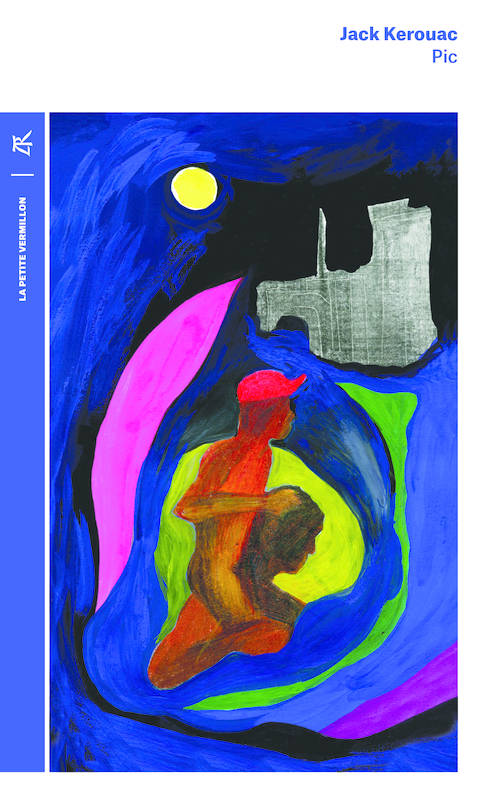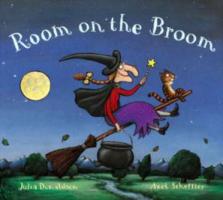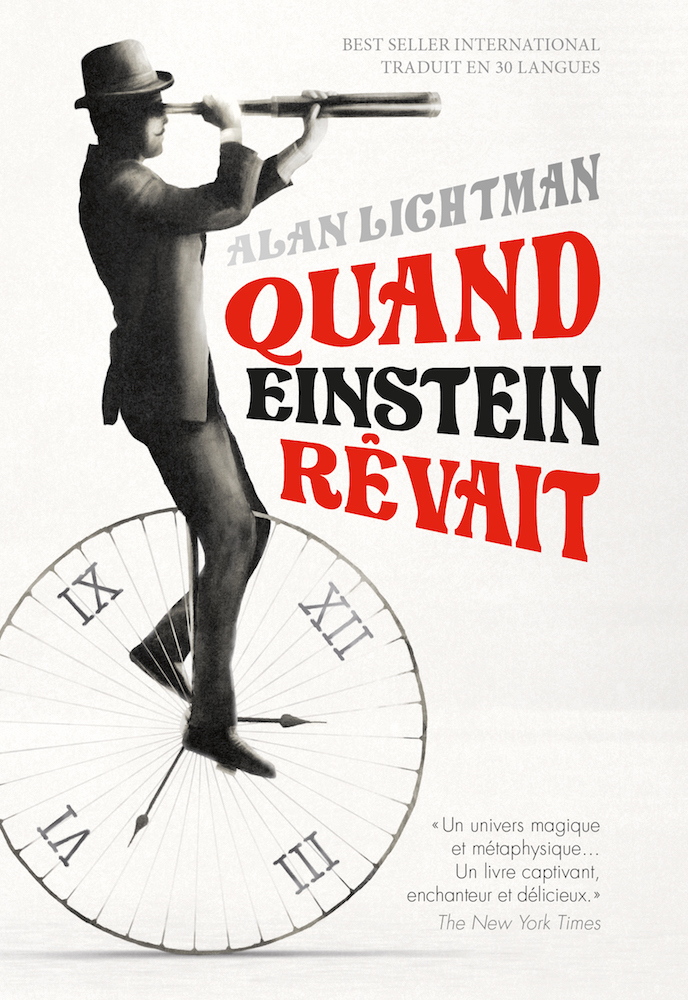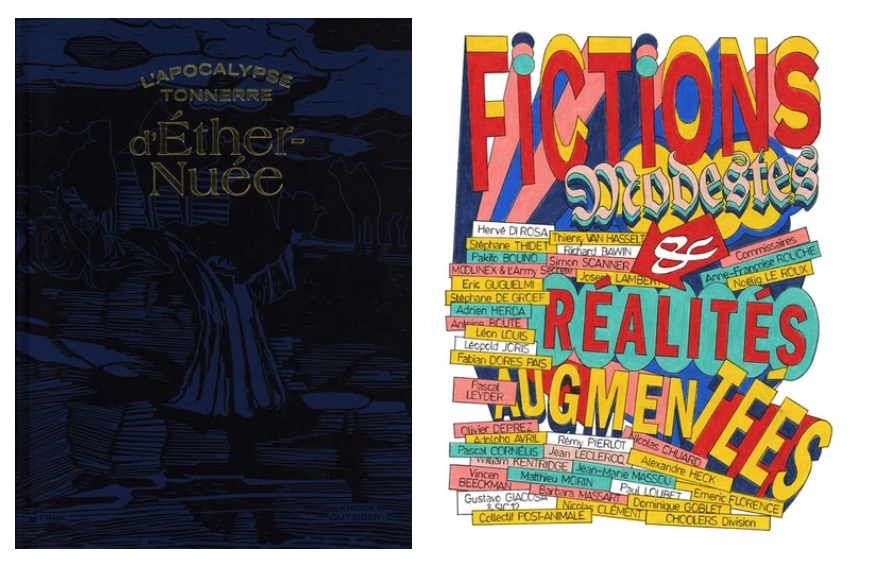Indigenization of Language in the African Francophone Novel
Dossiers

Objectif cadeaux de Nöel en cinq ouvrages
Noël approche doucement, il est donc temps de s’arrêter aux futurs présents que l’on offrira à ses proches. Si cette activité doit rester dans le plaisir de donner, on ne va pas se le cacher, il peut également être facteur d’un stress plus ou moins grand. Est-ce le bon cadeau ? Va-t-il plaire à la personne ciblée ? Pas d’inquiétude, les éditions de la Martinière ont sélectionné cinq ouvrages, pour tous les goûts. De quoi rendre heureux ce que vous aimez.
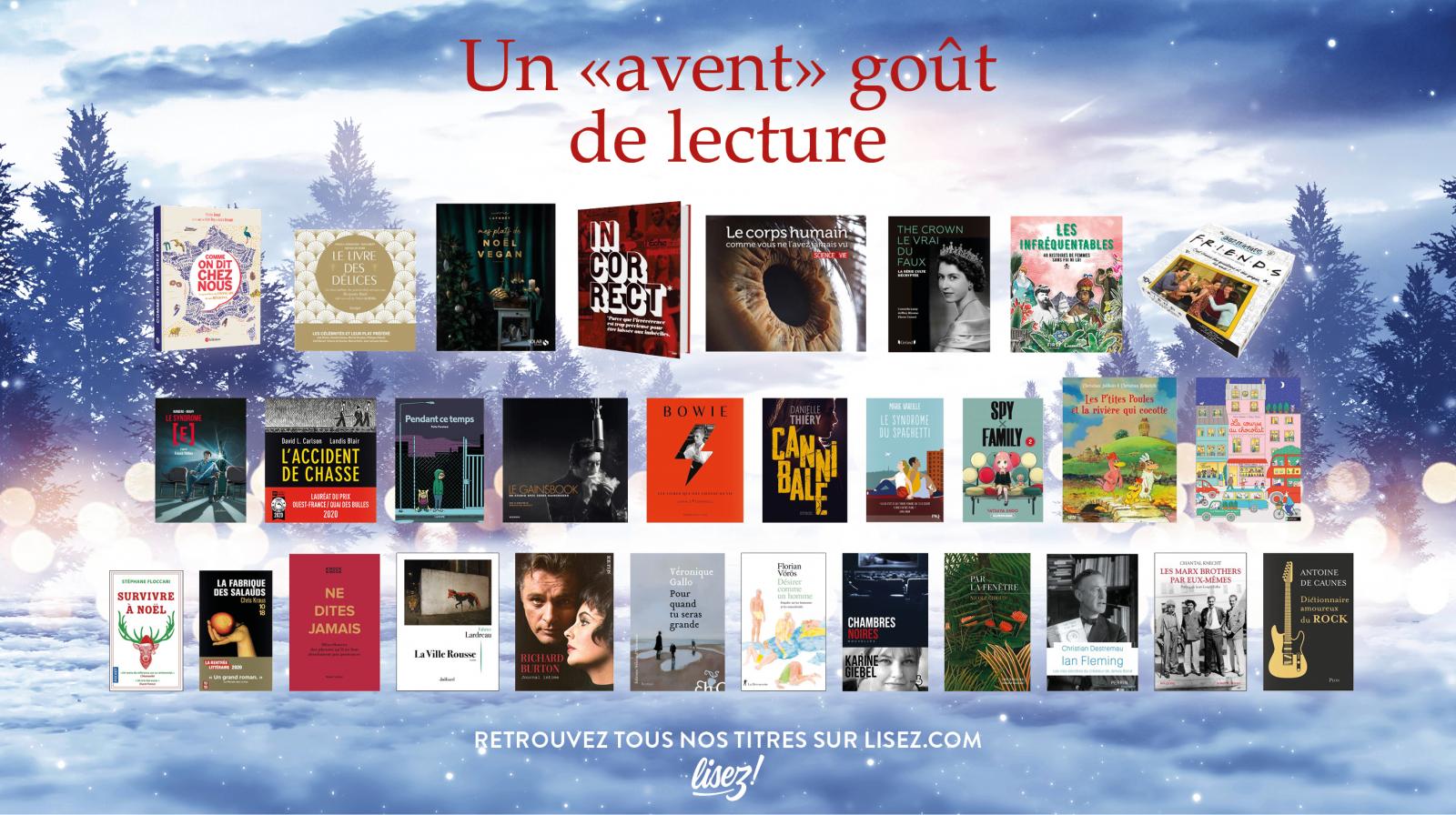
30 livres pour donner un “avent” goût de Noël
Le temps en librairie est compté, aussi faut-il savoir où trouver les bons conseils pour réaliser ses cadeaux. Voici une liste de 30 ouvrages, extrêmement diversifiée, qui fait aller de la littérature au polar, et de la jeunesse aux bandes dessinées, afin de mettre la main sur le présent idéal.

Livres, actualités : tout sur Andrée Chedid
Née le 20 mars 1920 au Caire, en Égypte, sous le nom Andrée Saab, Andrée Chedid y mène ses études, apprenant le français et l'anglais, et utilisant de manière ponctuelle l'arabe. Avec son mari Louis Selim Chedid, qu'elle épouse en 1942, elle part au Liban l'année suivante, où elle publie son premier recueil poétique, On the Trails of My Fancy, sous le pseudonyme A. Lake.

Cinq livres à offrir pour Noël
« Sans les cadeaux, Noël ne serait pas Noël. » On ne peut qu’être d’accord avec la romancière Louisa May Alcott, c’est pourquoi on vous propose nos conseils de lecture, avec Actes Sud, afin de gâter vos proches, et pourquoi pas, de leur donner des idées...

En série ou en film, les adaptations de livres crèvent l'écran
Le Parrain, Les Dents de la mer, Raisons et sentiments, Le Seigneur des Anneaux, la saga Harry Potter, Le Nom de la Rose, Orange mécanique, Vol au-dessus d'un nid de coucou, Le Guépard, Lettre d'une inconnue... Tous ces films ont un point commun, celui d'être des adaptations de romans ou de sagas littéraires...

Game of Thrones, des livres de George R.R. Martin à la série HBO
Né en 1948 aux États-Unis, George R.R. Martin écrit au départ pour créer de nouvelles histoires mettant en scène les super-héros Marvel, puis pour tuer le temps, alors qu'il peine à trouver un emploi dans le secteur du journalisme. Petit à petit, il devient un auteur confirmé de nouvelles de science-fiction. Après avoir commencé une carrière comme scénariste de séries télévisées, il commence, au début des années 1990, à rédiger une saga de type fantasy, intitulée A Song of Ice and Fire et traduite en français sous le titre Le Trône de Fer.
Extraits
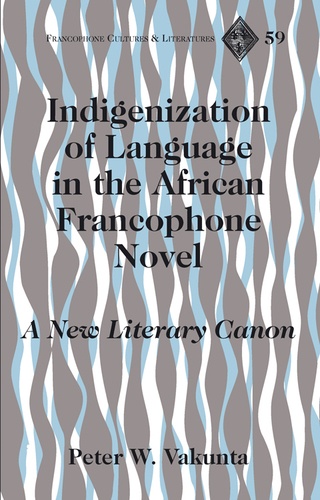
Littérature érotique et sentim
Indigenization of Language in the African Francophone Novel
12/2010
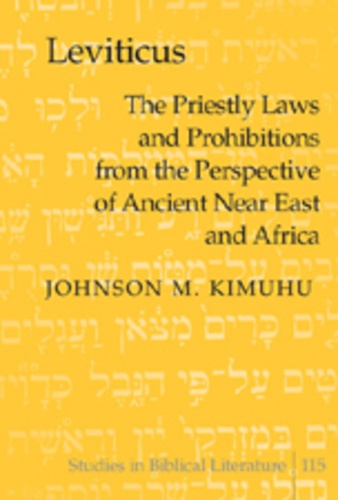
Religion
Leviticus
02/2008
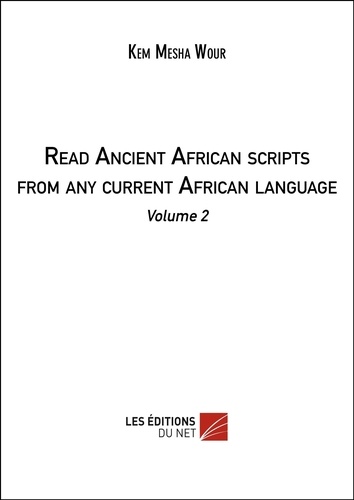
Non classé
Read Ancient African scripts from any current African language. Volume 2
05/2020
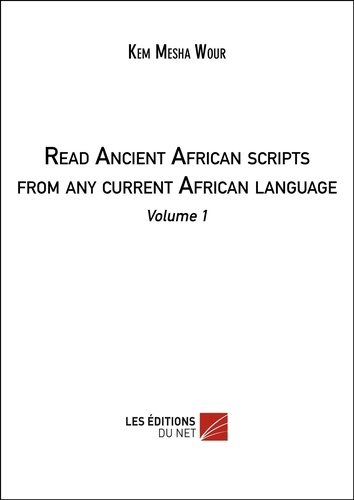
Non classé
Read Ancient African scripts from any current African language. Volume 1
05/2020
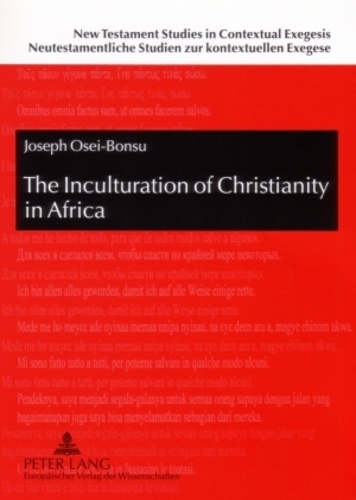
Non classé
The Inculturation of Christianity in Africa
10/2005
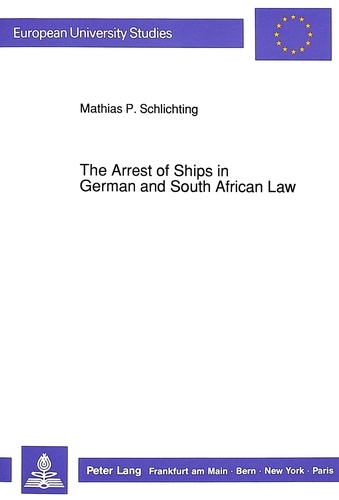
Non classé
The Arrest of Ships in German and South African Law
03/1991




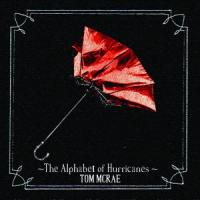


__600x282-372c2d10-96f8-42a4-ad4c-4dd04effd8f2.jpg)



